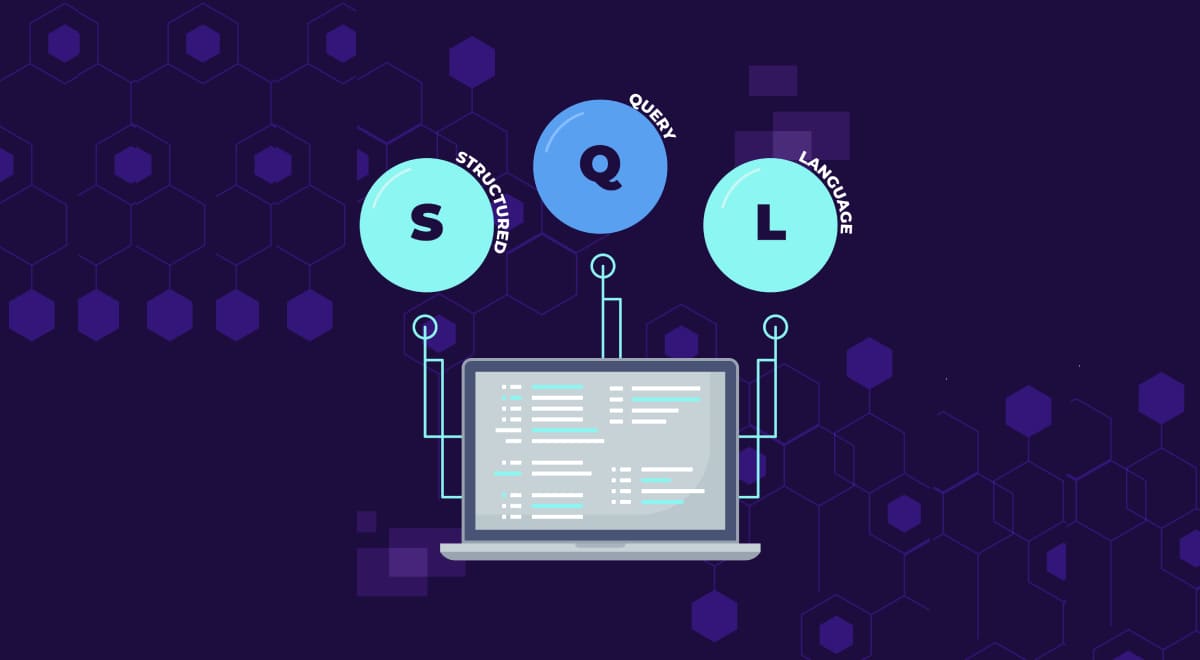Introduction to SQL: Understanding Structured Query Language
Introduction to SQL: Understanding Structured Query Language

About Course
What is SQL?
SQL, or Structured Query Language, is a domain-specific language used in programming and designed for managing data held in a relational database management system (RDBMS) or for stream processing in a relational data stream management system (RDSMS). It is particularly useful in handling structured data where there are relations between different entities/tables.
Key Concepts:
- Tables: In SQL, data is stored in tables. Each table consists of rows and columns. Columns represent the attributes or properties of the data, while rows represent individual records.
- Queries: SQL is primarily used for querying data. Queries are statements written in SQL syntax to retrieve, update, insert, or delete data from a database.
- Data Manipulation Language (DML): SQL includes commands for data manipulation, such as SELECT, INSERT, UPDATE, and DELETE. These commands allow users to retrieve, add, modify, and remove data from a database.
- Data Definition Language (DDL): SQL also includes commands for defining the structure of the database, such as CREATE, ALTER, and DROP. These commands are used to create or modify tables, indexes, and other database objects.
- Constraints: Constraints in SQL enforce rules on the data in the database. Common constraints include PRIMARY KEY, FOREIGN KEY, UNIQUE, NOT NULL, and CHECK constraints.
- Joins: SQL supports joining multiple tables together to retrieve data from related tables. Common types of joins include INNER JOIN, LEFT JOIN, RIGHT JOIN, and FULL JOIN.
- Aggregation Functions: SQL provides functions for performing aggregate calculations on data, such as SUM, AVG, MIN, MAX, and COUNT.